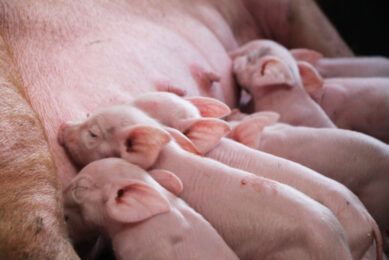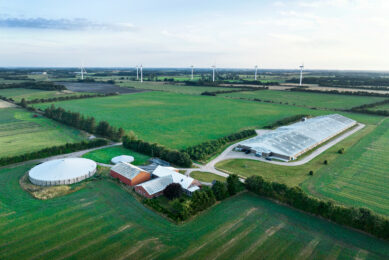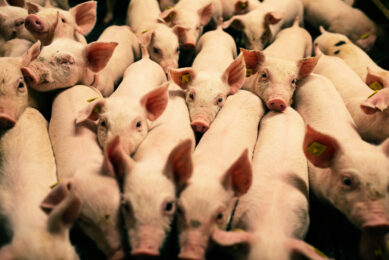Research: Nutrition and pathology of weaner pigs
Scientists of the Australian Livestock Innovation in Perth and Murdoch University and the University of Copenhagen (Denmark) in the journal Animal Feed Science and Technology discussed nutritional strategies to support barrier function in the gastrointestinal tract of weaner pigs.
Factors including sub-optimal nutrient and energy intake associated with lowered digestion and absorption, immature immune function, and psychosomatic factors caused by weaning can compromise intestinal barrier function through mucosal damage and alteration of tight junction integrity.
As a consequence, pigs at weaning are highly susceptible to pathogenic enteric diseases such as post-weaning colibacillosis (PWC) caused by enterotoxigenic Escherichia coli.
Dietary components such as protein, non-starch polysaccharides, and minerals are known to influence microbial growth in the gastrointestinal tract as undigested nutrients then become available for bacterial growth.
The article in Animal Feed Science and Technology reviews the association between dietary components, intestinal bacterial growth, intestinal barrier function, and enteric disease in weaner pigs with special emphasis on PWC.
Evidence presented in this review indicates that the pathogen-originated diseases such as PWC are closely associated with dietary components and intestinal barrier functions can be maintained through manipulation of dietary protein, non-starch polysaccharides (NSP) and mineral levels.
Especially, the use of a reduced protein diet for at least 7 days immediately after weaning, limitation of viscosity-increasing soluble NSP content while including 20–80 g/kg insoluble NSP source in the diet, and limitation of iron to 100 mg/kg are important dietary strategies to maintain intestinal barrier function and to minimise PWC.











